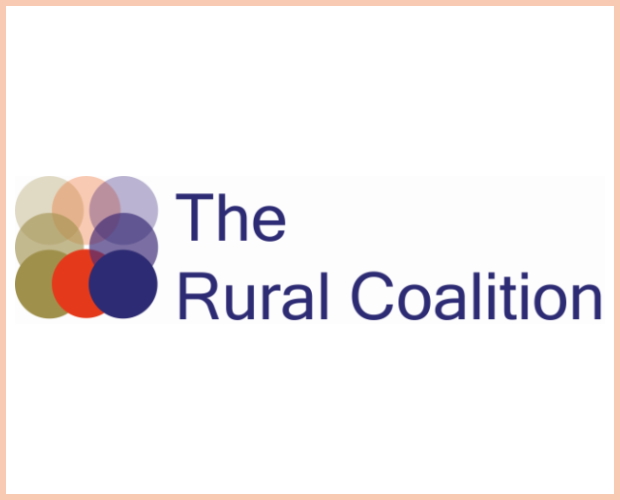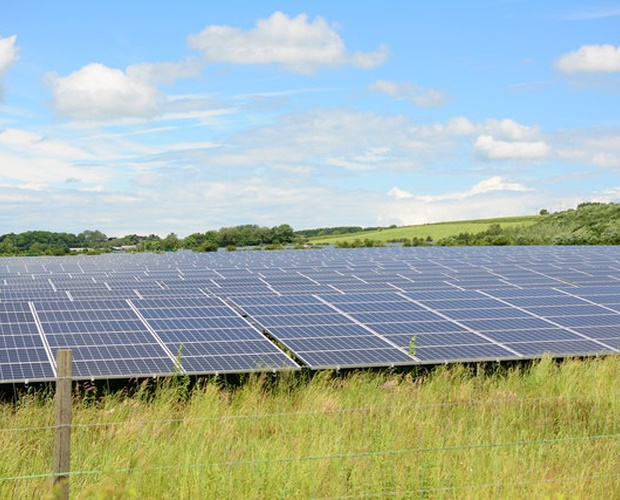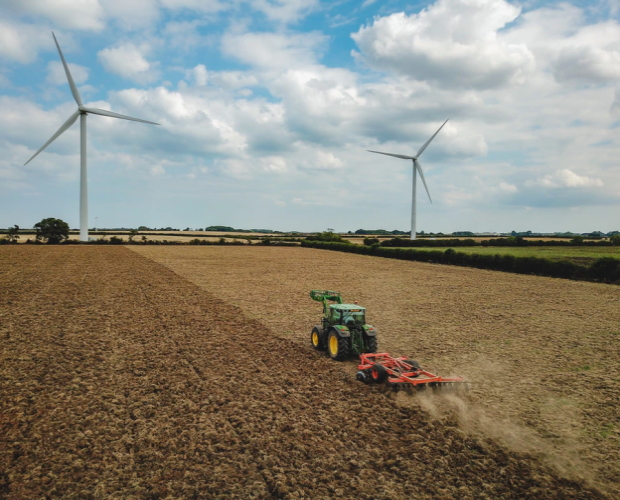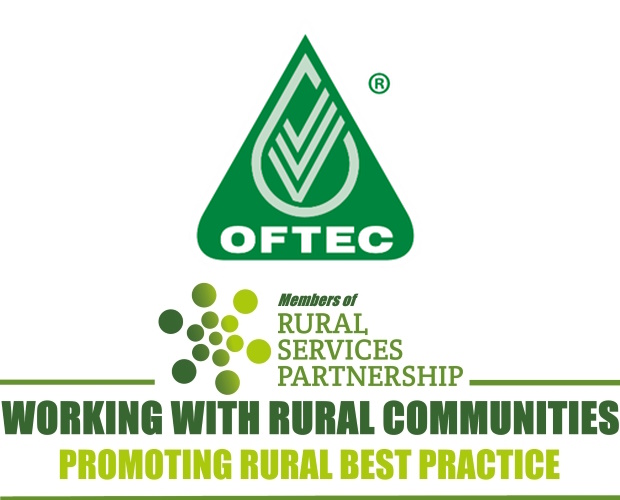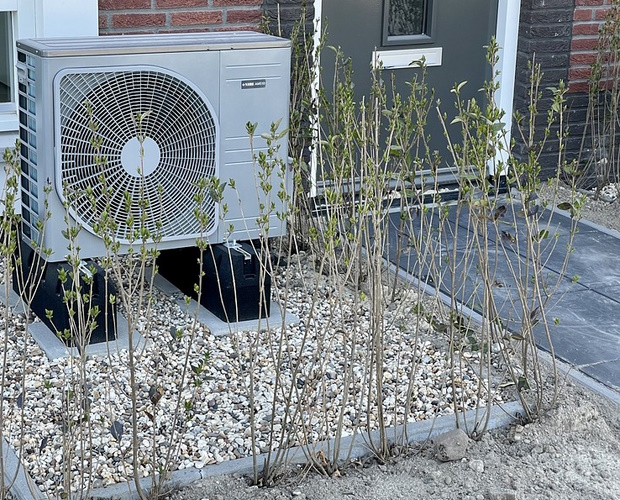T: 01822 851370 E: [email protected]
Visit RSN Survey about life in rural England to find out more.
In the Bulletin last week, The Rural Coalition set out a stark warning to the Government not to ignore the 9.7million people living in rural areas. The Coalition, an alliance of thirteen national organisations including the RSN, set out an...
The Government aims to phase out off-grid fossil fuel heating from 2026 as part of its drive to be net-zero by 2050. As part of Net-Zero week, many of the key players in this sector have put forward their arguments...
A back business debate on local government’s role in reaching net zero last week highlighted the vital part they have to play. Wera Hobhouse MP (Lib Dem, Bath) said: “Local authorities determine what is built in our communities, how...
Earlier this year, the Department for Energy Security and Net Zero awarded up to £630m to Local Authorities (LA) through the Home Upgrade Grant: Phase 2 (HUG 2) scheme. This was part of a £1.8 billion package of funding to boost...
A new report written by Gemserv on behalf of the South West Net Zero Hub working with the region’s Local Enterprise Partnerships (LEPS) has found that, at current installation rates for heat pumps and insulation, local authorities in the South...
The BBC have reported how their research has uncovered billions of pounds' worth of green energy projects are on hold because they cannot plug into the UK's electricity system. Some new solar and wind sites are waiting up...
It’s been a rollercoaster few years with unexpected twists and turns, from the pandemic, war in Ukraine to the cost of living crisis. Whilst we might be hoping for a brief respite, there’s another challenge which remains firmly on the...
The Telegraph reports households are being blocked from making net zero upgrades to their homes due to lack of electricity supply, the energy watchdog has warned Residents of rural villages have been told by network operators there is not enough grid capacity...
The Department for Business, Energy & Industrial Strategy (BEIS) have launched a consultation on community benefits for electricity transmission network infrastructure alongside their plans for Powering Up Britain, which set out how they are taking action to achieve their energy security...
As part of a £1.8 billion package of funding to boost energy efficiency and cut emissions of homes and public buildings across England, the Department for Energy Security and Net Zero has announced that Local Authorities have been awarded a combined £630m through...
NEWSLETTER
Sign up to receive all our latest news and updates.
HOT TOPICS
Amid reduced public spending, fair resource allocation across regions is crucial. Despite a population larger than Greater London, rural areas receive significantly less funding for essential services, even though delivering these services in rural areas is more expensive.
Economic growth is widely acknowledged as essential for national wealth and prosperity and is a priority for political parties. Rural economies, employing millions and home to a higher proportion of small businesses, have potential for growth if barriers are removed.
Rural residents face distinct healthcare challenges, including limited access to transport, longer distances to medical facilities, an aging demographic, housing inadequacies, digital connectivity gaps, and difficulties recruiting health and care workers.
Rural communities are grappling with a severe affordable housing crisis, marked by high house prices, a lack of affordable housing, elevated living costs, and lower incomes, threatening their sustainability and vitality.
Transport is vital for the quality of life and economic health of rural areas, yet it faces challenges such as infrequent public bus services and less Government funding compared to urban regions.
Rural areas, encompassing a substantial portion of England's population and land, play a pivotal role in combating climate change and achieving the net zero target.
In an increasingly digital world, the lack of robust digital infrastructure in rural areas severely limits access to crucial services and stifles economic growth.
A future-focused vision for rural communities involves not just building the right homes in the right places but also ensuring thriving, sustainable communities.
SIGN UP TO OUR NEWSLETTER
Sign up to our newsletter to receive all the latest news and updates.

